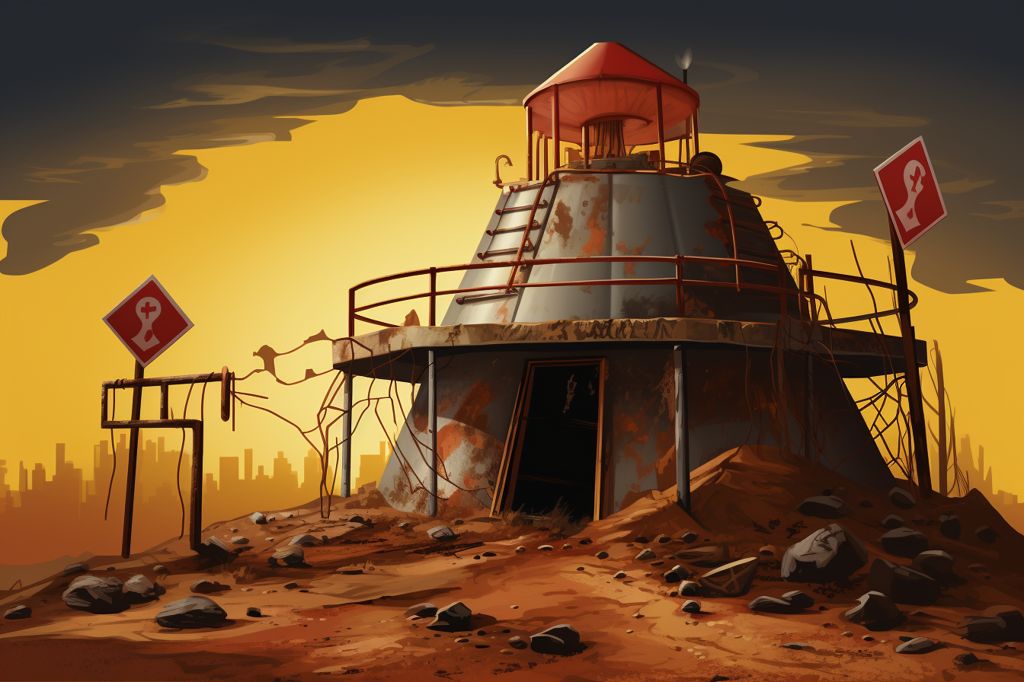The Department of Mineral Resources and Energy (DMRE) recently received a report on the suspected deaths of 31 illegal miners, who are believed to be Basotho nationals. The miners were reported missing in a ventilation shaft of Shaft 5 Virginia mine in Welkom, Free State province. The Ministry of Foreign Affairs and International Relations of the Kingdom of Lesotho communicated the message to the High Commission of South Africa on May 18, 2023, stating that these suspected illegal miners may have lost their lives in a mine ventilation shaft that was last operational in the 1990s.
Limited Information Available
The situation is tragic, and information surrounding it is sporadic. However, the DMRE has been diligently investigating every piece of intel they receive. Harmony, the previous owners of the mine, collaborated with DMRE inspectors to assess the situation. The inspectors found that the methane levels within the ventilation shaft were dangerously high. As a result, sending a search team to the shaft would be too risky at this time. Nonetheless, various options are being considered to resolve the situation quickly.
Illegal Mining Tragedy
The illegal mining tragedy in Free State serves as a stark reminder of the risks individuals are willing to take in pursuit of a better life. The complex interplay of socio-economic factors, bordering nations, and government policies create a milieu ripe for such instances to occur. In this particular case, the suspected miners, believed to be Basotho nationals, may have been driven to enter the risky world of illegal mining, culminating in their untimely deaths.
Importance of Cross-Border Cooperation
The DMRE’s response to this situation, in collaboration with the previous mine owners and the Ministry of Foreign Affairs and International Relations of the Kingdom of Lesotho, exemplifies the importance of cross-border cooperation in the face of shared adversity. As they consider various options to resolve the situation quickly, their actions highlight the need for the implementation of policies and safety measures to prevent such tragedies from recurring.
Role of Government and Non-Governmental Organizations
The incident raises critical questions on the role of government and non-governmental organizations in curbing illegal mining activities and providing alternative means of livelihood for those who may be tempted to risk their lives for economic gain. The sophisticated language used in policy and academic discussions must be accessible to a general audience, ensuring that communities understand the potential risks and consequences of engaging in illegal mining.
In conclusion, the tragedy of the suspected deaths of 31 illegal miners serves as a poignant reminder of the human cost of illegal mining activities. The interplay of socio-economic factors, government policy, and cross-border cooperation must be addressed collaboratively to ensure that such incidents are not repeated in the future, and that the memory of those who lost their lives serves as a catalyst for positive change.












